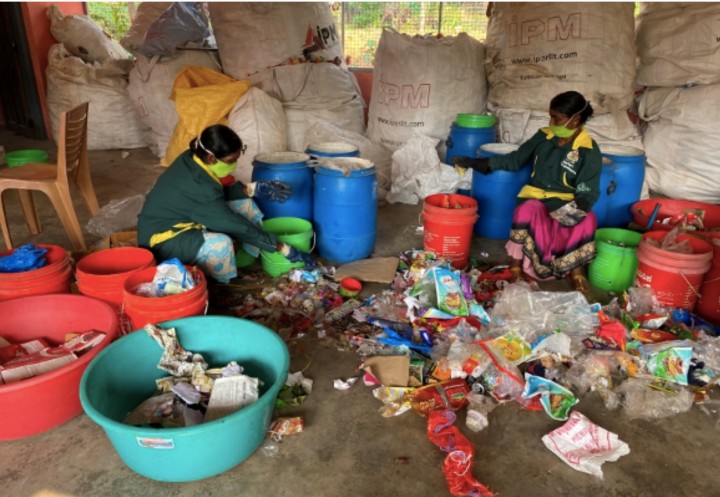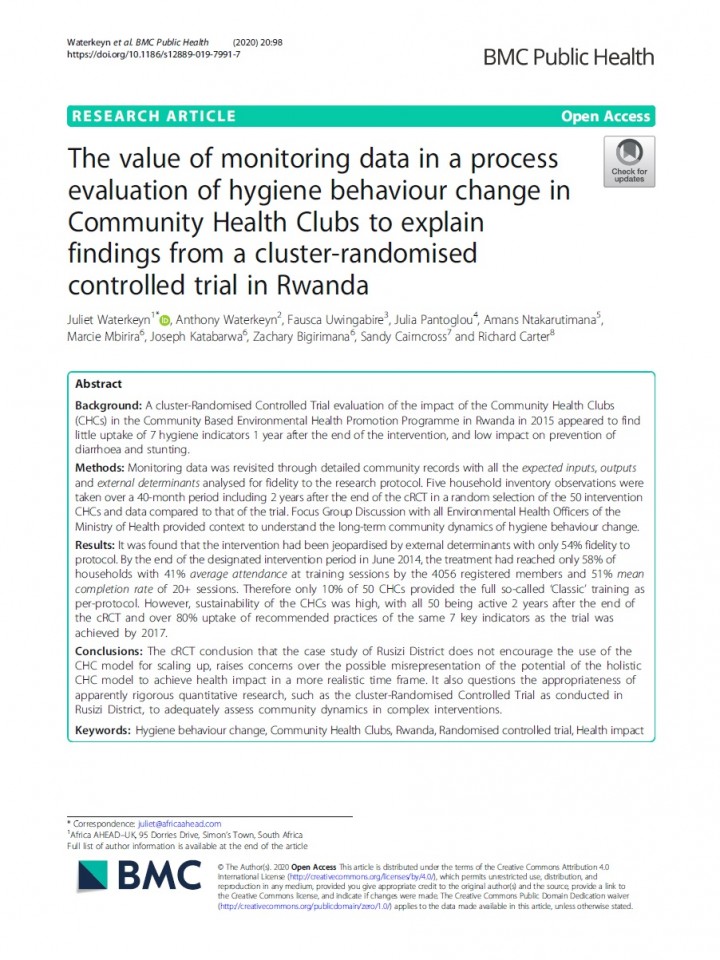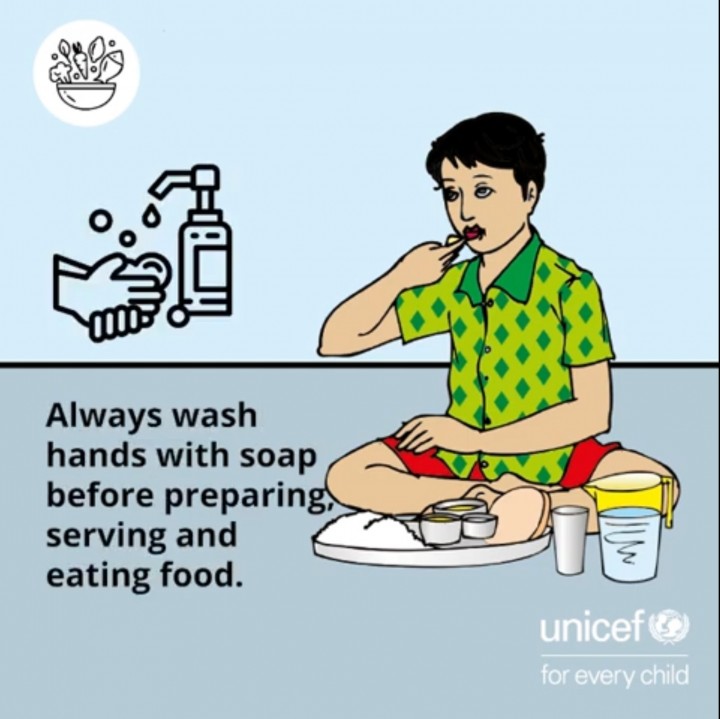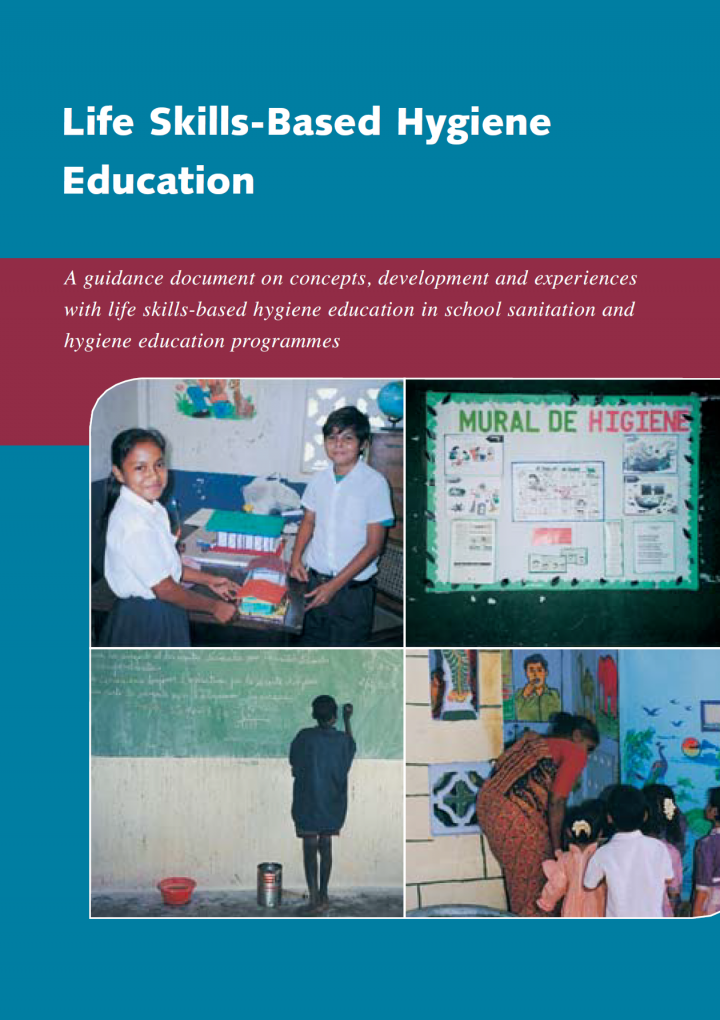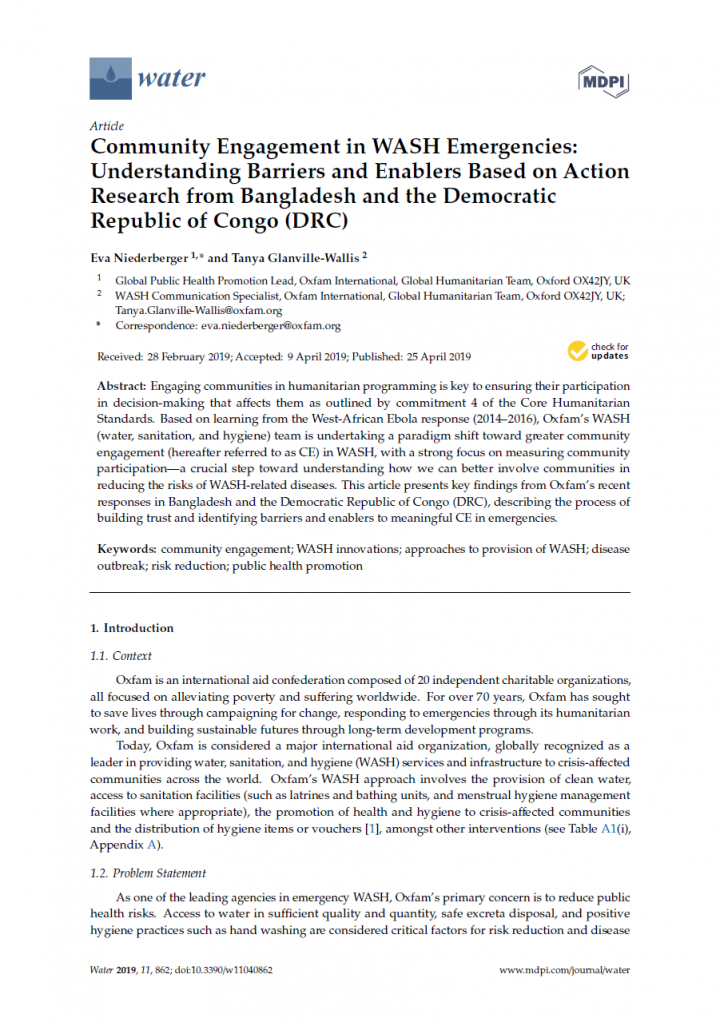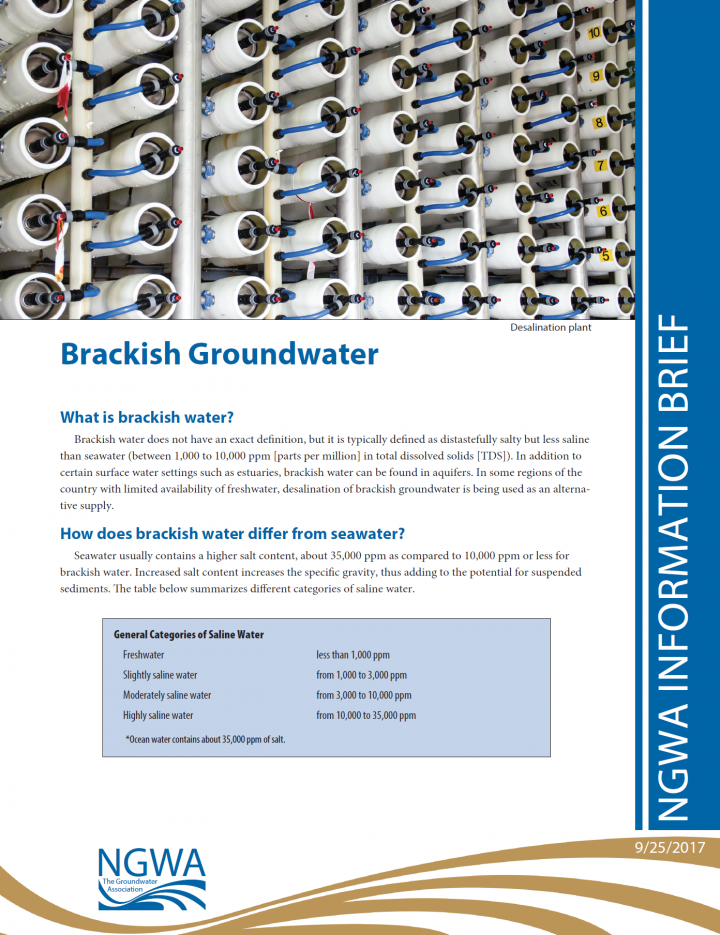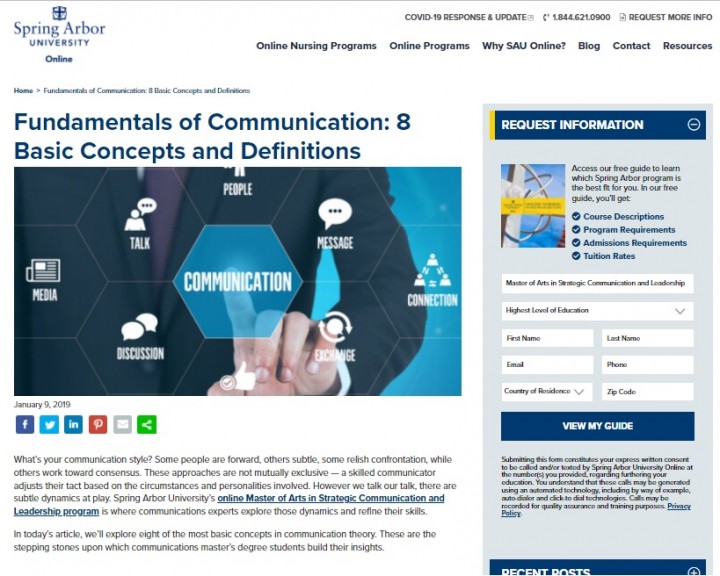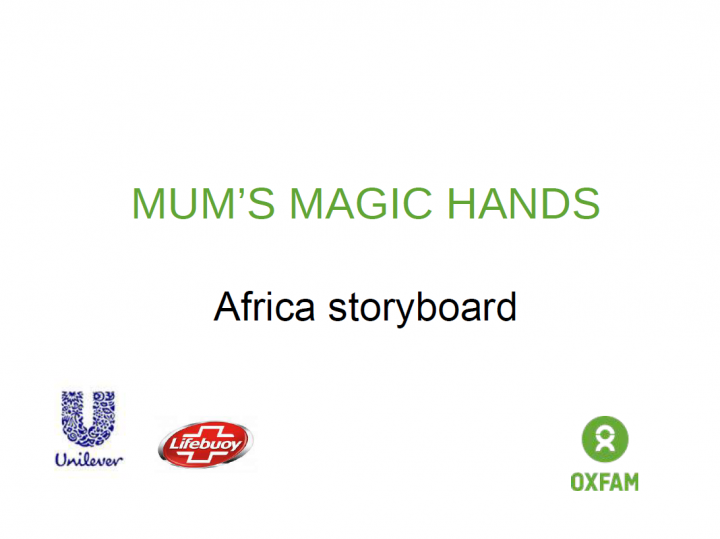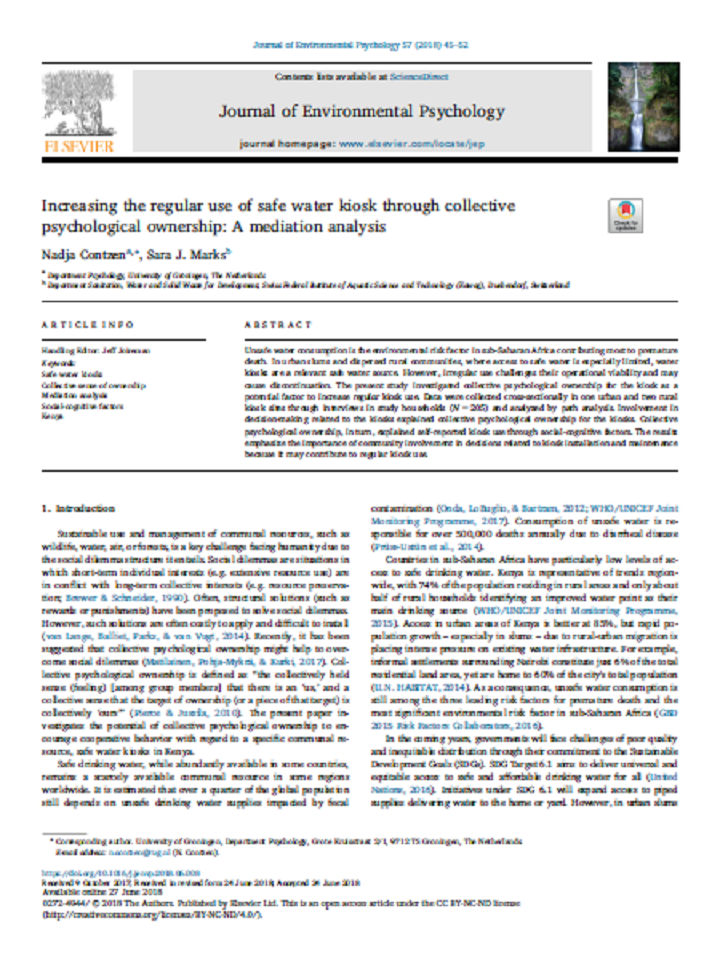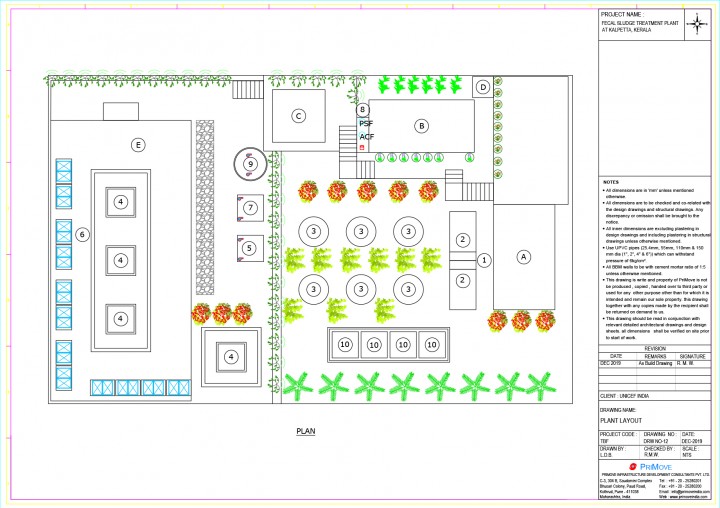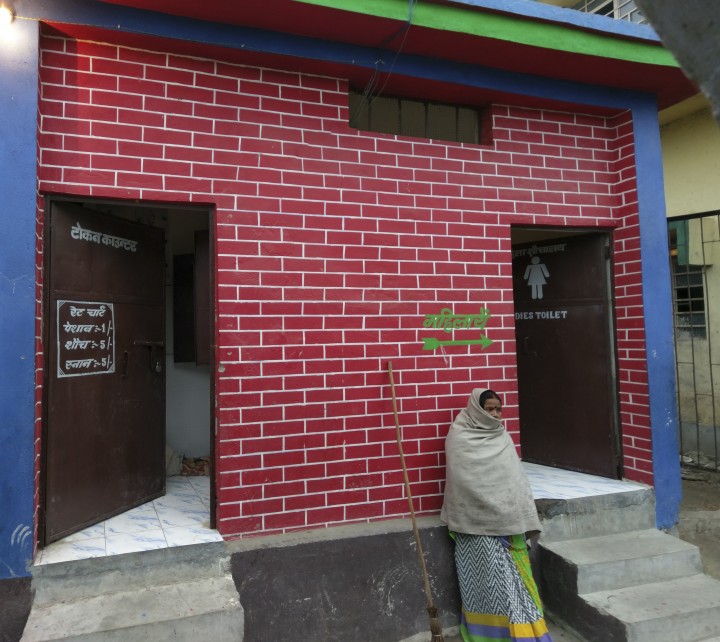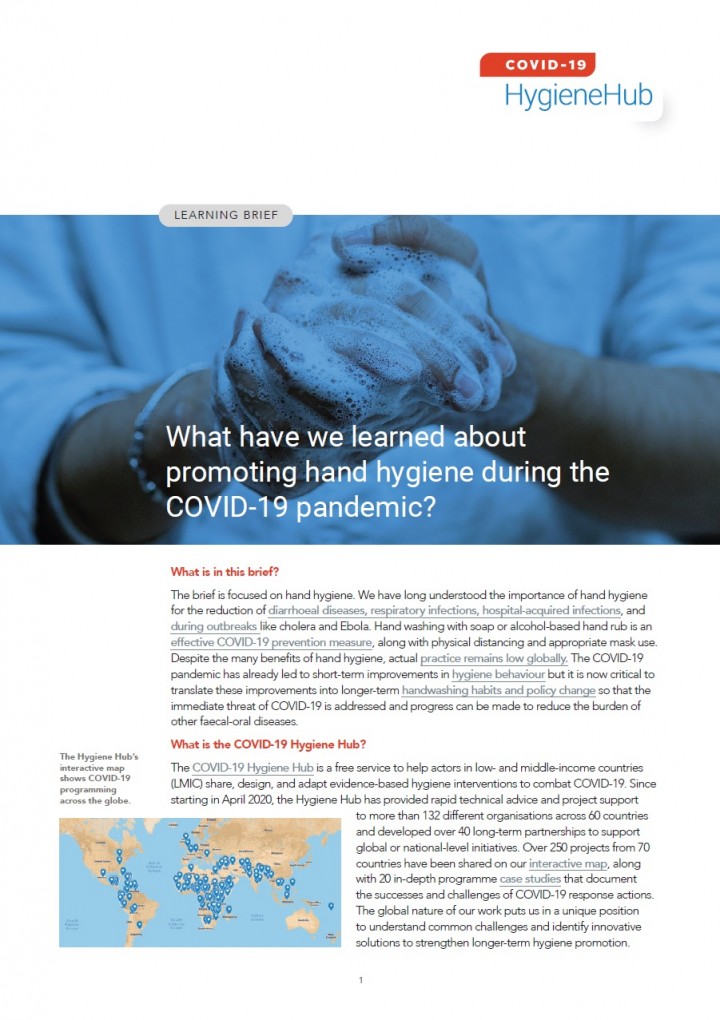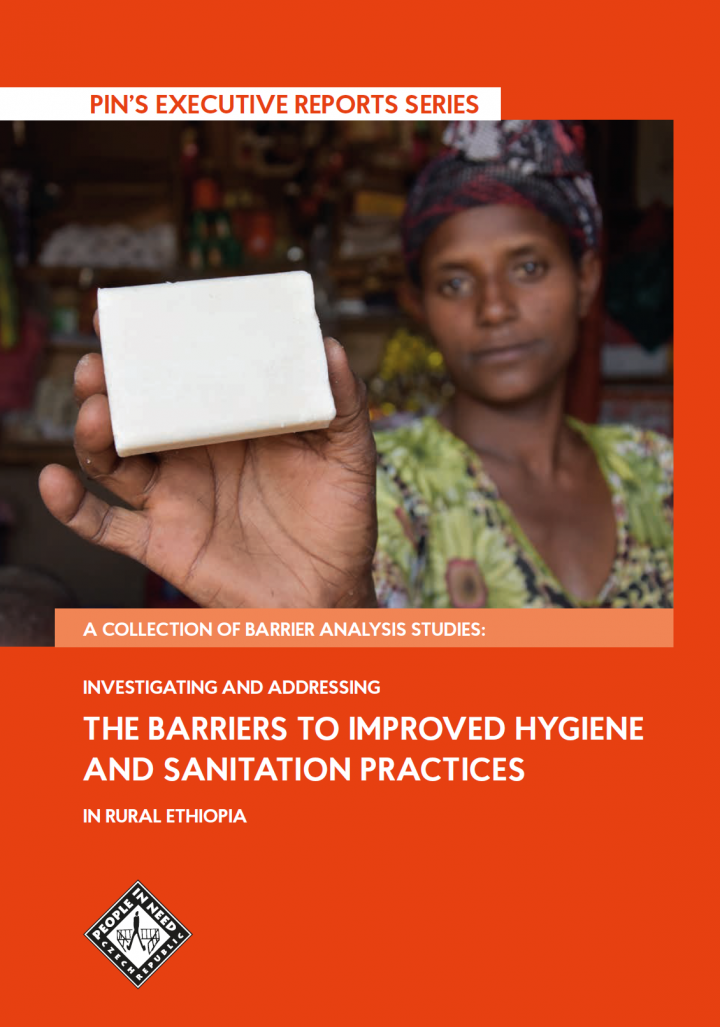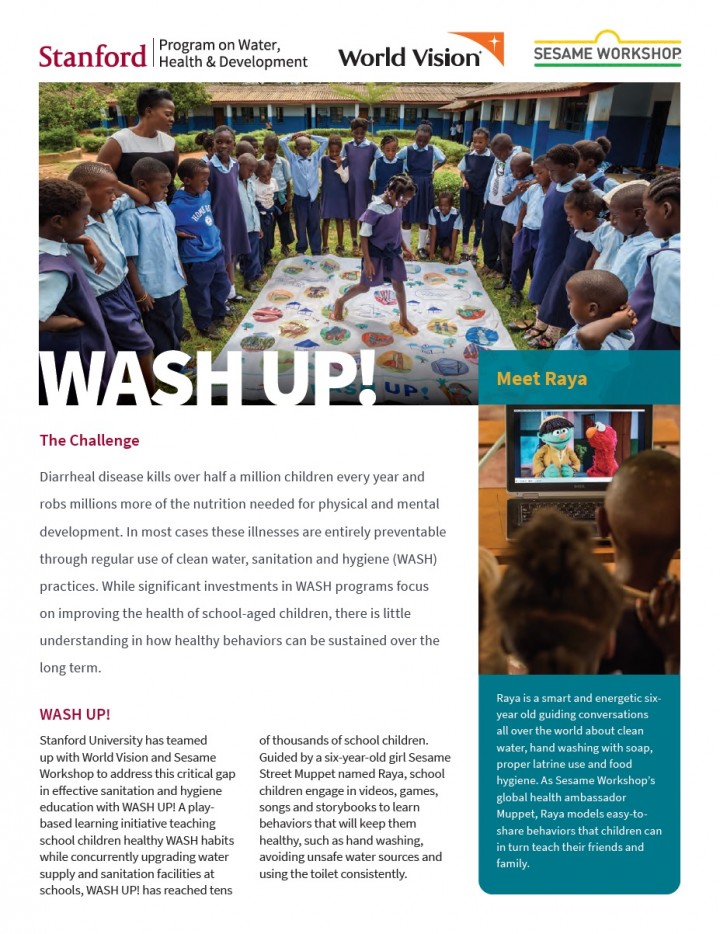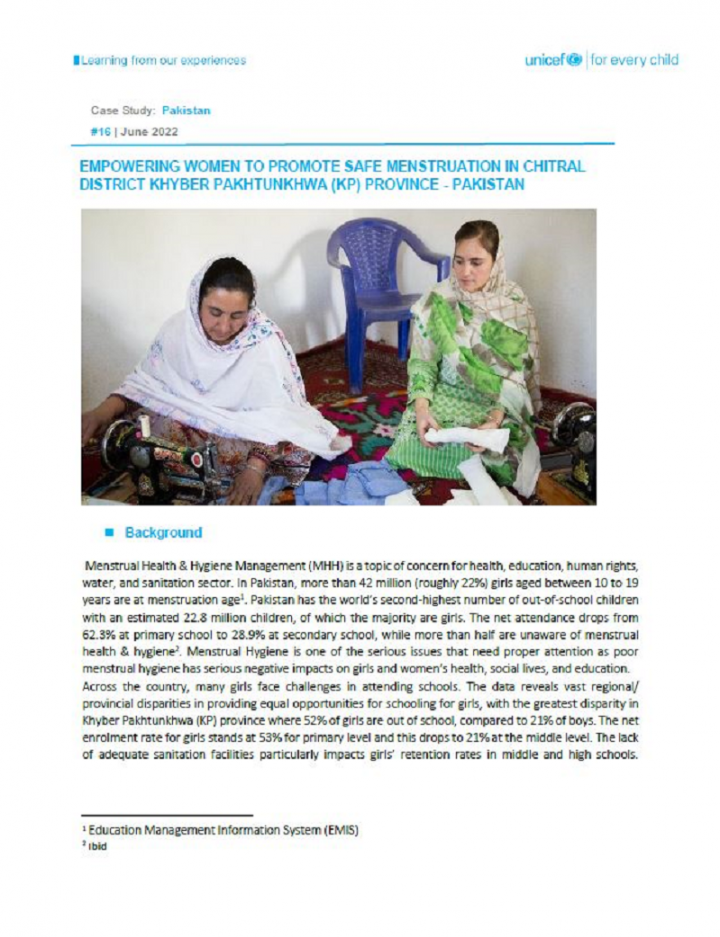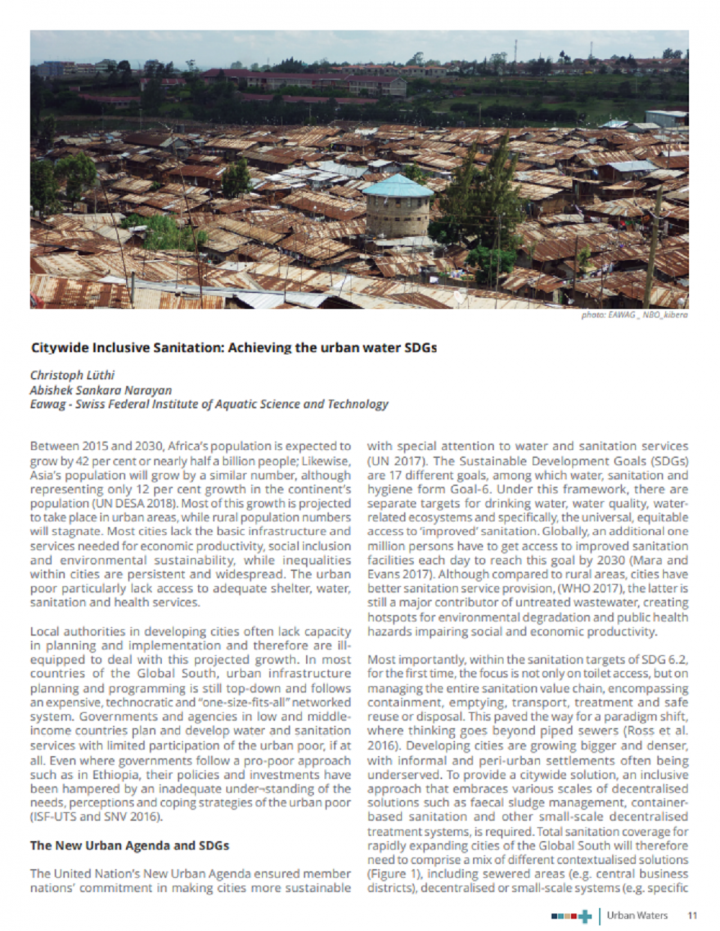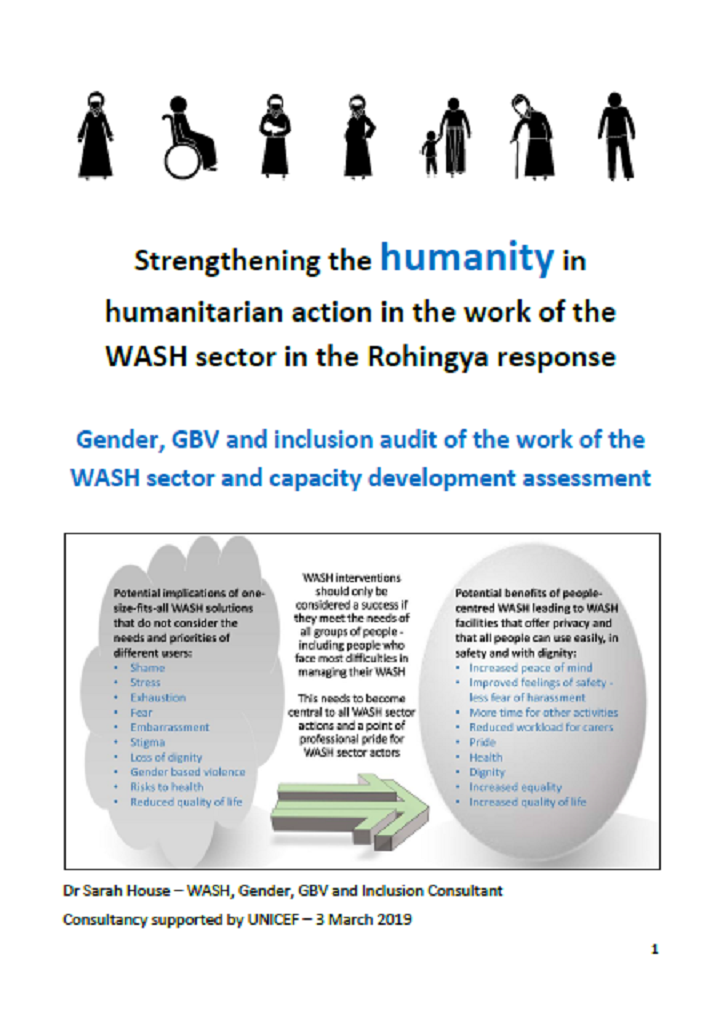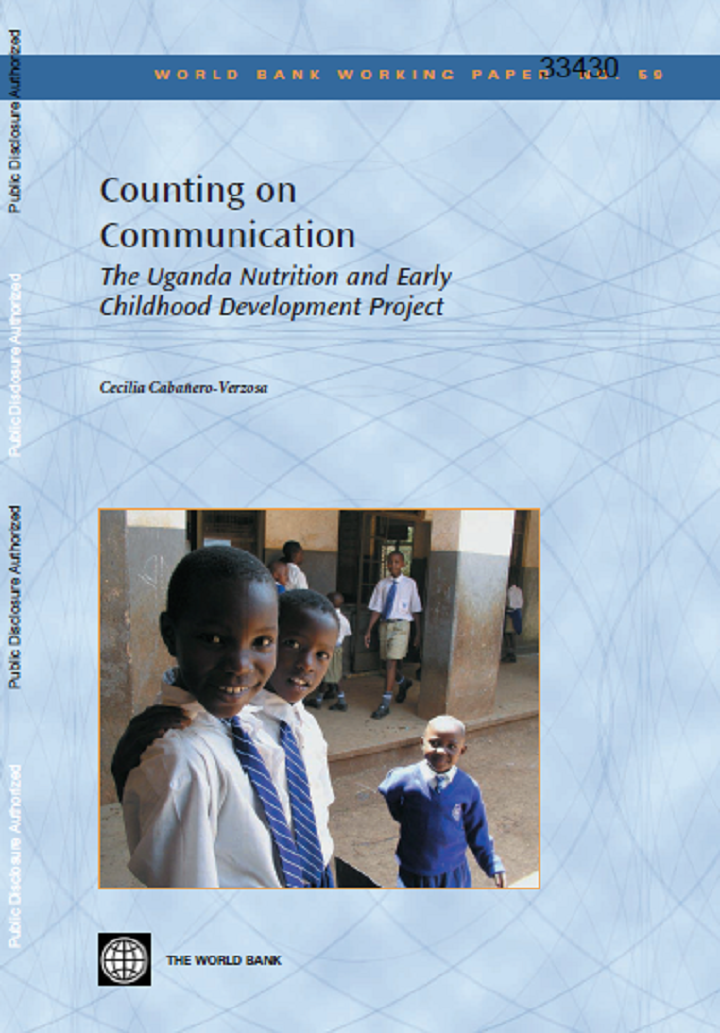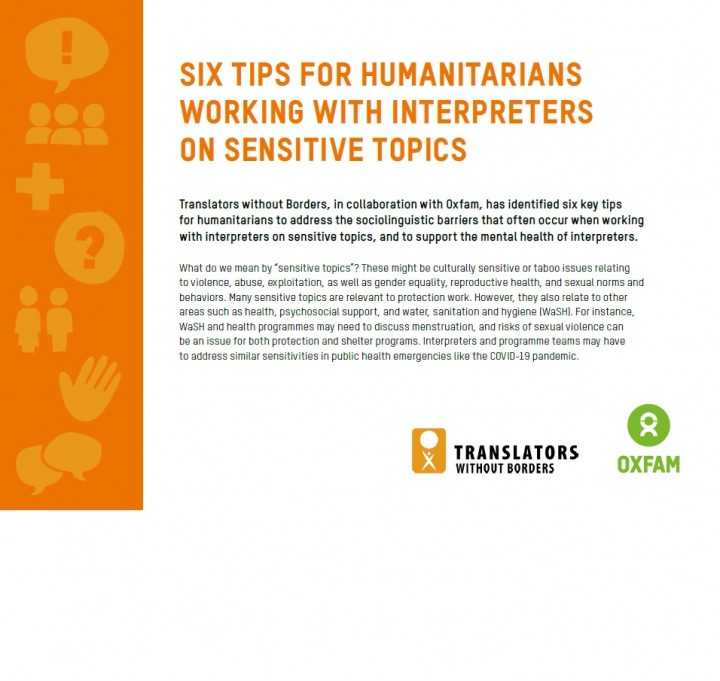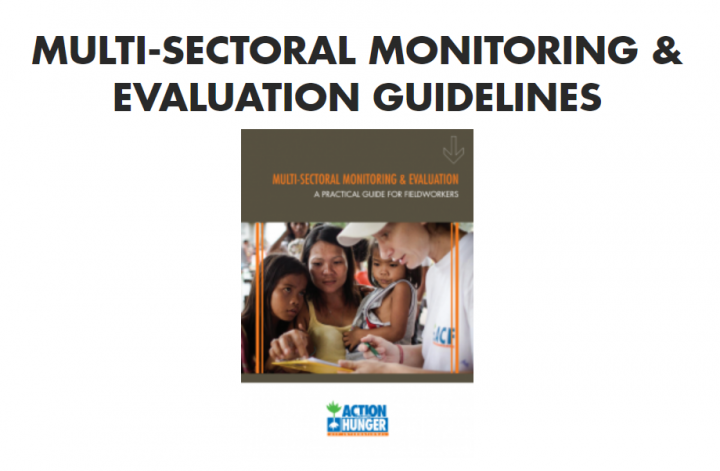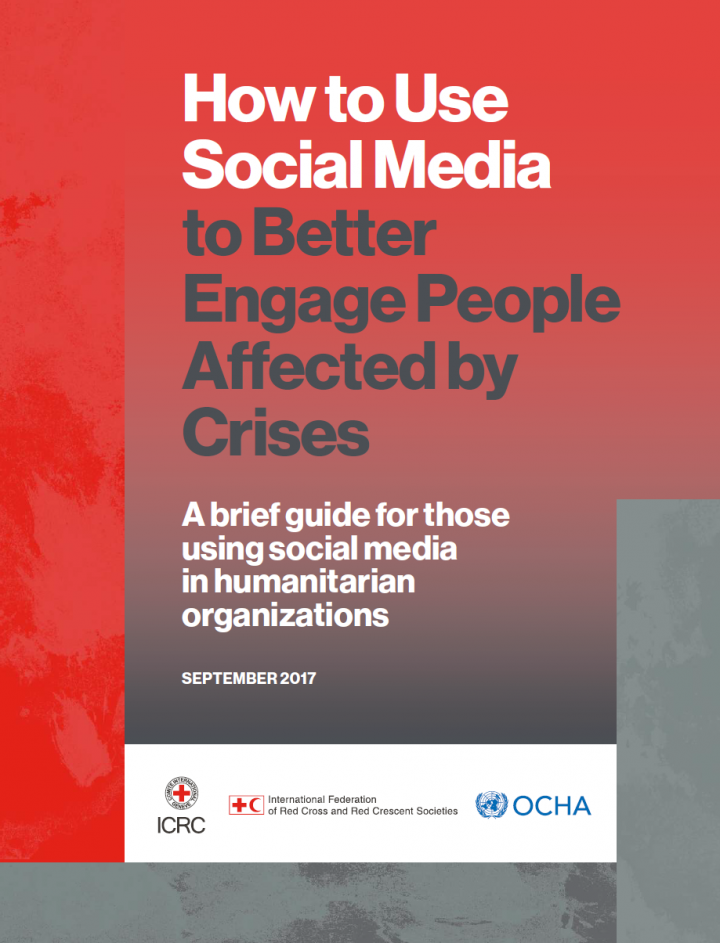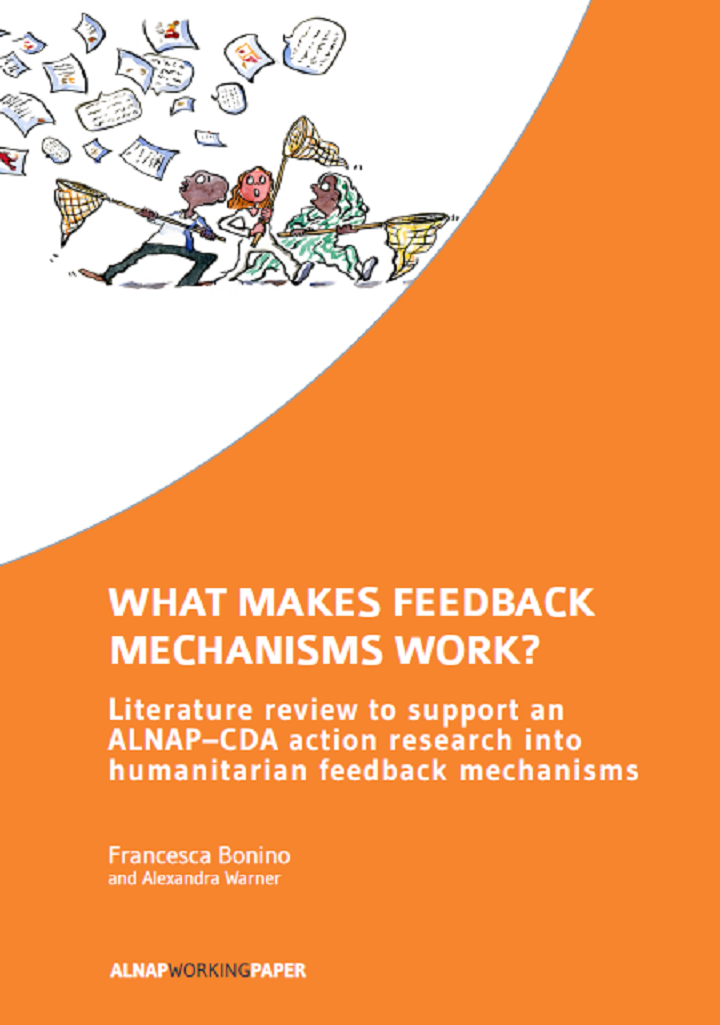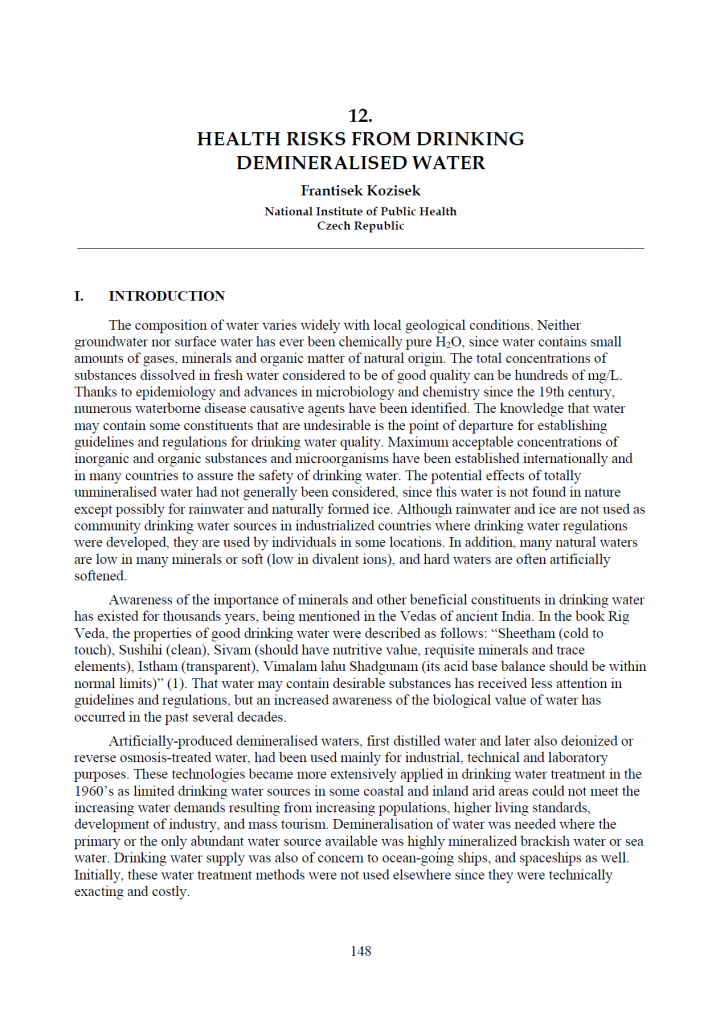Searching for information on Sanitation Workers?
The Sanitation Workers Knowledge + Learning Hub is the best source for all current news, trends, articles and updates on sanitation workers rights around the world.
The Waranga panchayat in Hebri Taluk of Udipi district has seen an extensive change in the way it manages waste. Since 2017, the panchayat has initiated actions towards safely managing its solid waste. Waranga has achieved significant change and stands as an example to many panchayats on solid waste management (SWM). Being a Grade-I panchayat with 8000 population living in 1500 families, …
This session examines the multiple ways in which Covid-19 has affected sanitation workers at their workplace and in their personal lives. The speakers highlight how the pandemic disproportionately impacted sanitation workers who were on the 'frontline', yet often had little to no personal safety equipment, work protections or faced intense work pressure. We discuss potential opportunities arising …
Background:
A cluster-Randomised Controlled Trial evaluation of the impact of the Community Health Clubs (CHCs) in the Community Based Environmental Health Promotion Programme in Rwanda in 2015 appeared to find little uptake of 7 hygiene indicators 1 year after the end of the intervention, and low impact on prevention of diarrhoea and stunting.
Methods:
Monitoring data was revisited through …
Life skills-based hygiene education offers teachers the opportunity to help children obtain life skills by addressing hygiene issues. IRC is pleased to present this guidance document for the planning and development of life skills based education. It was prepared with financial support from UNICEF. It builds among others on the outcomes of the first life skills-based hygiene education workshop …
Engaging communities in humanitarian programming is key to ensuring their participation in decision-making that affects them as outlined by commitment 4 of the Core Humanitarian Standards. Based on learning from the West-African Ebola response (2014–2016), Oxfam’s WASH (water, sanitation, and hygiene) team is undertaking a paradigm shift toward greater community engagement (hereafter referred …
Brackish water does not have an exact definition, but it is typically defined as distastefully salty but less saline than seawater (between 1,000 to 10,000 ppm [parts per million] in total dissolved solids [TDS]). In addition to certain surface water settings such as estuaries, brackish water can be found in aquifers. In some regions of the country with limited availability of freshwater, …
Oxfam and Unilever’s Chief Sustainability Office carried out extensive research on handwashing practice in emergency contexts. We found nurture to be one of the most powerful motivators driving handwashing with soap among mothers. Even during a crisis, mothers continue to nurture their children to ensure they go onward in life and succeed in bringing fruition to their efforts and fulfillment …
Unsafe water consumption is the environmental risk factor in sub-Saharan Africa contributing most to premature death. In urban slums and dispersed rural communities, where access to safe water is especially limited, water kiosks are a relevant safe water source. However, irregular use challenges their operational viability and may cause discontinuation. The present study investigated collective …
This is a set of technical drawings for a FSTP built at Wayanad, Kerala. It will be useful for designers of FSTPs for small and medium towns. The schematics are provided in metric units. It has top views, hydraulic flows, unloading platform, screen chamber details, anaerobic digester, intermediate storage tank, drying beds, tiger bio-filters and the overall plan.
The brief is focused on hand hygiene. We have long understood the importance of hand hygiene for the reduction of diarrhoeal diseases, respiratory infections, hospital-acquired infections and during outbreaks like cholera and Ebola. Hand washing with soap or alcohol-based hand rub is an effective COVID-19 prevention measure along with physical distancing and appropriate mask use. Despite the many …
One of the main objectives of development practitioners is to enable people to adopt and practice positive behaviours that help them to improve the quality of their lives. Development projects frequently make assumptions about why people do not follow the positive behaviors these interventions promote. However, such assumptions are often wrong and decrease the effectiveness of well-intended …
Menstrual Health & Hygiene Management (MHH) is a topic of concern for health, education, human rights, water, and sanitation sector. In Pakistan, more than 42 million (roughly 22%) girls aged between 10 to 19 years are at menstruation age1. Pakistan has the world’s second-highest number of out-of-school children with an estimated 22.8 million children, of which the majority are girls. The net …
The Uganda Nutrition and Early Childhood Development Project was one of the World Bank's first projects to demonstrate the value-added of strategic communication. The strategic communication component developed for this project included the use of formative research about values and attitudes with respect to child rearing, in order to develop and test effective messages. The communication …
What's in this guide? Online communication platforms have become a lifeline for millions of people affected by natural disasters and armed conflicts: social media and messaging apps help maintain contact with family and friends, and provide access to information, such as where to find food, shelter or medical assistance. This information can directly influence how people prepare for, respond to …
This literature review supports a broader ALNAP and CDA initiative aiming at producing evidence-informed guidance for humanitarian agencies on ways to strengthen the effectiveness of mechanisms for gathering feedback from affected populations in humanitarian contexts. It focuses on two key questions: (1) why and how humanitarian agencies seek, process, and respond to feedback from affected …
The composition of water varies widely with local geological conditions. Neither groundwater nor surface water has ever been chemically pure H2O, since water contains small amounts of gases, minerals and organic matter of natural origin. The total concentrations of substances dissolved in fresh water considered to be of good quality can be hundreds of mg/L.
Thanks to epidemiology and advances …

